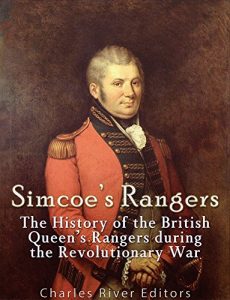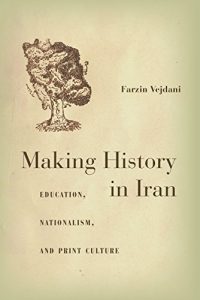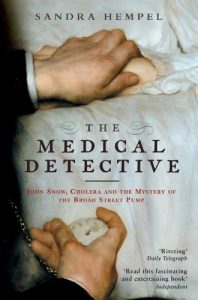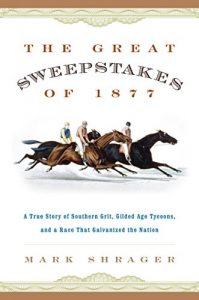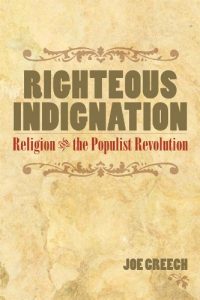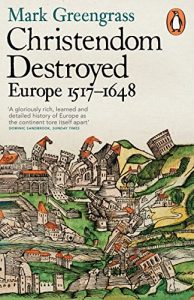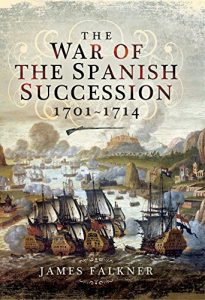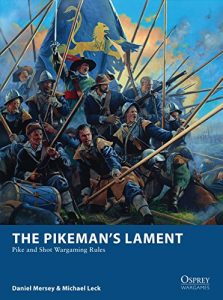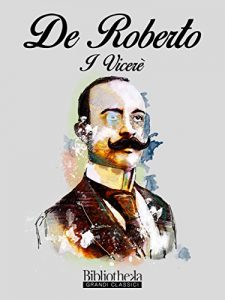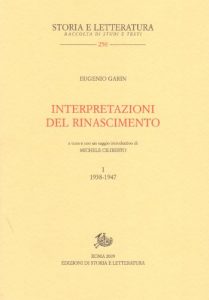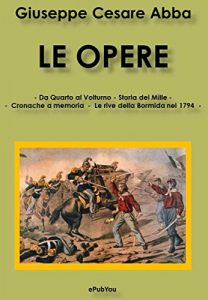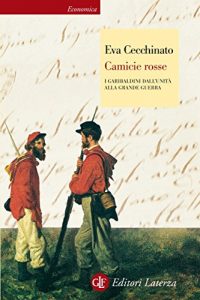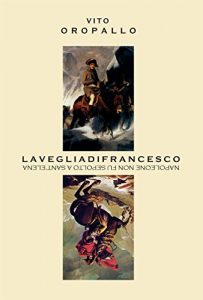I 99eBooks è una directory di eBook. Cerchiamo e classificato intorno alle eBooks Web per te!
Tutti i diritti riservati. I libri e libri elettronici sono di proprietà dei rispettivi proprietari.
Simcoe’s Rangers: The History of the British Queen’s Rangers during the Revolutionary War (English Edition)
*Includes pictures
*Includes accounts of Simcoe's Rangers and their battles
*Includes footnotes, online resources, and a bibliography for further reading
*Includes a table of contents
The American Revolution is replete with seminal moments that every American learns in school, from the “shot heard ‘round the world” to the Declaration of Independence, but the events that led up to the fighting at Lexington & Concord were borne out of 10 years of division between the British and their American colonies over everything from colonial representation in governments to taxation, the nature of searches, and the quartering of British regulars in private houses. From 1764-1775, a chain of events that included lightning rods like the Townshend Acts led to bloodshed in the form of the Boston Massacre, while the Boston Tea Party became a symbol of nonviolent protest.
The political and military nature of the Revolutionary War was just as full of intrigue. While disorganized militias fought the Battles of Lexington & Concord, George Washington would lead the Continental Army in the field while men like Thomas Jefferson drafted the Declaration of Independence in Philadelphia and Benjamin Franklin negotiated overseas in France. Benedict Arnold would become one of his nation’s most vital war heroes and its most notorious traitor, French forces would play a crucial role at the end of the war, and the Treaty of Paris would conclude the Revolution with one last great surprise.
However, while the bigger pitched battles are well known, a lot of clandestine fighting and espionage took place behind the scenes, and it contributed to the results of the American Revolution. Much of this was undertaken by spies like Nathan Hale and spymasters like John Andre, but both sides also employed irregular units known colloquially as partisans. Among these irregulars, the best known were the Queen’s Rangers, which fought in the Seven Years War and played a big role in the Revolution, both for traditional methods of warfare and for hunting down colonists as part of specific missions.
Most recently, the Queen’s Rangers have played a central role in the AMC series Turn, a dramatization of the Culper Ring spies in Long Island and New York City who worked on behalf of George Washington and the Continental Army. The series has featured the partisan unit’s two famous leaders, John Graves Simcoe and Robert Rogers, and like other spy tales, theirs is a story of courage fraught with constant suspense at being found out and facing a caught spy’s usual fate of imprisonment and execution. However, by making Rogers one of the most enigmatic characters on the show and making Simcoe the prime villain, the series actually obscures just how long and productive career the latter actually had in North America. In fact, the real story of Simcoe and Simcoe’s Rangers needs no embellishment, because it was plenty interesting enough.
Simcoe's Rangers: The History of the British Queen's Rangers during the Revolutionary War chronicles the tumultuous history of one of the most important cities of antiquity. Along with pictures depicting important people, places, and events, you will learn about Simcoe's Rangers like never before.
*Includes accounts of Simcoe's Rangers and their battles
*Includes footnotes, online resources, and a bibliography for further reading
*Includes a table of contents
The American Revolution is replete with seminal moments that every American learns in school, from the “shot heard ‘round the world” to the Declaration of Independence, but the events that led up to the fighting at Lexington & Concord were borne out of 10 years of division between the British and their American colonies over everything from colonial representation in governments to taxation, the nature of searches, and the quartering of British regulars in private houses. From 1764-1775, a chain of events that included lightning rods like the Townshend Acts led to bloodshed in the form of the Boston Massacre, while the Boston Tea Party became a symbol of nonviolent protest.
The political and military nature of the Revolutionary War was just as full of intrigue. While disorganized militias fought the Battles of Lexington & Concord, George Washington would lead the Continental Army in the field while men like Thomas Jefferson drafted the Declaration of Independence in Philadelphia and Benjamin Franklin negotiated overseas in France. Benedict Arnold would become one of his nation’s most vital war heroes and its most notorious traitor, French forces would play a crucial role at the end of the war, and the Treaty of Paris would conclude the Revolution with one last great surprise.
However, while the bigger pitched battles are well known, a lot of clandestine fighting and espionage took place behind the scenes, and it contributed to the results of the American Revolution. Much of this was undertaken by spies like Nathan Hale and spymasters like John Andre, but both sides also employed irregular units known colloquially as partisans. Among these irregulars, the best known were the Queen’s Rangers, which fought in the Seven Years War and played a big role in the Revolution, both for traditional methods of warfare and for hunting down colonists as part of specific missions.
Most recently, the Queen’s Rangers have played a central role in the AMC series Turn, a dramatization of the Culper Ring spies in Long Island and New York City who worked on behalf of George Washington and the Continental Army. The series has featured the partisan unit’s two famous leaders, John Graves Simcoe and Robert Rogers, and like other spy tales, theirs is a story of courage fraught with constant suspense at being found out and facing a caught spy’s usual fate of imprisonment and execution. However, by making Rogers one of the most enigmatic characters on the show and making Simcoe the prime villain, the series actually obscures just how long and productive career the latter actually had in North America. In fact, the real story of Simcoe and Simcoe’s Rangers needs no embellishment, because it was plenty interesting enough.
Simcoe's Rangers: The History of the British Queen's Rangers during the Revolutionary War chronicles the tumultuous history of one of the most important cities of antiquity. Along with pictures depicting important people, places, and events, you will learn about Simcoe's Rangers like never before.
